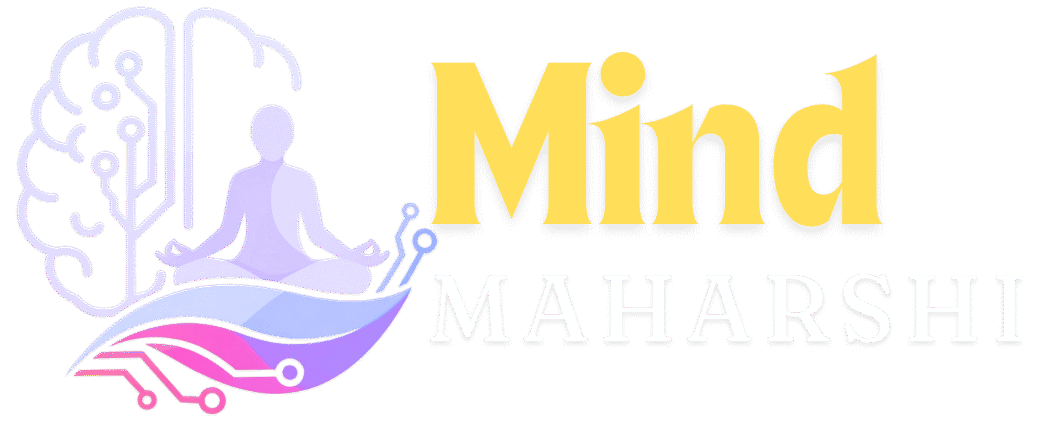Quantum Computing
Hey there, tech lovers and inquisitive minds! Have you ever felt like we’re living in a sci-fi flick? Well, buckle up, because quantum computing is making its entrance, and it’s not just some flashy idea from a movie – it’s a groundbreaking technology that’s poised to transform our future in ways we can hardly imagine. So, what is it all about? And why should it matter to you? Let’s jump in and unravel this captivating field together!
So, What’s the Hype About Quantum Computing Anyway?
Imagine your trusty laptop or smartphone for a moment. Pretty amazing, right? It processes data, streams your favorite shows, and keeps you connected to the world using classical computing. This means it works with basic “bits,” which are like light switches – they can either be ON (1) or OFF (0).
Now, let’s shift gears and think about something completely different. Quantum computing dives into the fascinating realm of quantum mechanics, the science that explains how the tiniest particles in the universe behave. Instead of just simple on/off bits, quantum computers utilize qubits. Picture a qubit not merely as a light switch, but as a dimmer switch that can be on, off, or anywhere in between all at once! This incredible feature, known as superposition, allows qubits to represent multiple possibilities simultaneously.
And then there’s entanglement, where two or more qubits become mysteriously connected, sharing their states regardless of the distance between them. If you know the state of one qubit, you instantly know the state of the other, even without checking. These two remarkable quantum traits – superposition and entanglement – are what empower quantum computers with their astonishing parallel processing capabilities, enabling them to solve problems that would take classical computers ages to figure out.

How Is It So Different from Your Laptop?
Let’s dive a little deeper into the whole bit versus qubit concept.
When you think about a classical computer, it processes information step by step, like navigating a maze by trying one path at a time until it finds the way out.
On the flip side, a quantum computer uses qubits and their unique quantum properties to explore all possible paths in that maze simultaneously. This is what makes quantum computers not just faster, but truly different in their problem-solving approach.
Take, for instance, the challenge of discovering the ideal molecular structure for a new drug. A classical computer would need to sift through countless combinations one at a time. In contrast, a quantum computer can evaluate many possibilities at once, significantly speeding up the discovery process. This ability to process in parallel opens the door for quantum computers to tackle incredibly complex problems that even the most advanced supercomputers today can’t handle.
Where Is Quantum Computing Making Waves Right Now?
While it’s still a budding field, quantum computing is already making waves across a variety of industries:
Cryptography: It has the potential to crack today’s toughest encryption methods, but it can also pave the way for new, “quantum-safe” encryption techniques, ensuring our data remains secure in the future.
Drug Discovery & Materials Science: Picture this—designing groundbreaking medicines or ultra-efficient materials atom by atom. Quantum computers can simulate molecular interactions with unmatched precision, speeding up breakthroughs in healthcare and manufacturing.
Financial Modeling: Navigating stock market fluctuations, optimizing investment portfolios, and managing risk are no small feats. Quantum algorithms could sift through massive financial data sets more efficiently, leading to smarter economic choices.
Climate Modeling: Grasping complex climate patterns and forecasting environmental changes demands immense computational power. Quantum computers could help create more accurate climate models, bolstering our efforts against climate change.
Major players like IBM, Google, Microsoft, and Amazon are pouring resources into quantum computing, developing both hardware and software, and even providing cloud access to quantum processors! This isn’t just a lab experiment anymore; it’s transitioning into real-world applications.
What’s Holding Quantum Computing Back?
As thrilling as it is, quantum computing has some significant challenges to overcome:
Technical Barriers: Qubits are super fragile! They can easily make mistakes due to even the tiniest changes in their environment, like shifts in temperature or electromagnetic interference. Creating stable qubits and figuring out how to correct errors is a major hurdle.
Scalability Issues: Right now, we’re dealing with only a handful of qubits (think tens or hundreds). To tackle really complex problems, we’ll need thousands, or even millions, of stable qubits – and that’s no small engineering task.
Cost and Infrastructure: The price tag for building and maintaining quantum computers is sky-high, and they need very specialized conditions, often requiring temperatures that are colder than outer space!
The Future Is Quantum: Innovation Opportunities
Despite the hurdles we face, the future of quantum computing is brimming with possibilities. Researchers are consistently achieving breakthroughs in qubit stability and error correction.
Just think about how quantum computing could:
Transform AI: Imagine more powerful AI models that can learn and grasp complex data at lightning speed, paving the way for advancements in areas like personalized medicine and robotics.
Strengthen Cybersecurity: Create unbreakable encryption that can withstand even quantum attacks, keeping our digital lives secure and private.
Unlock the Full Power of Big Data: Dive into massive datasets that classical computers struggle with, uncovering hidden patterns and insights that could change the game.
Experts believe that while a fully functional, universally applicable quantum computer may still be a few decades off, “noisy intermediate-scale quantum” (NISQ) devices are already making their mark and will keep advancing, tackling specific, significant challenges in the near future.
Ready to Dive Deeper? Here’s How to Get Started!
Feeling inspired? The quantum world is calling for curious minds like yours! Here are some fantastic ways to dive deeper:
Online Courses: Check out platforms like Coursera, edX, or the IBM Quantum Experience, where you can often find free introductory courses to get you started.
Books: Look for accessible reads such as “Quantum Computing for Everyone” or “Quantum Computation and Quantum Information” to build your foundation.
Websites: Don’t miss out on resources from IBM Quantum, Google AI Quantum, Microsoft Azure Quantum, and the National Quantum Initiative—they’re packed with valuable information.
If you’re up for a challenge, why not try your hand at quantum programming?
Qiskit: IBM’s open-source quantum computing framework is a great starting point, complete with tutorials and a vibrant community to support you.
Cirq: This is Google’s framework for creating, editing, and running quantum circuits—definitely worth exploring!
Python: Since most quantum computing frameworks utilize Python, brushing up on your skills in this language is a smart move.
Join online communities and forums, like those on Reddit (r/quantumcomputing) or dedicated Slack channels, to connect with fellow enthusiasts and experts.
The Quantum Leap: Are You Ready?
Quantum computing isn’t just a trendy term; it represents a groundbreaking wave of innovation that could help tackle some of the biggest challenges we face as a species. Although we still have a long way to go, the adventure ahead is nothing short of thrilling.
So, keep that curiosity alive, continue to learn, and who knows? You might find yourself playing a role in the next monumental leap in quantum technology! IBM Quantum Computing
